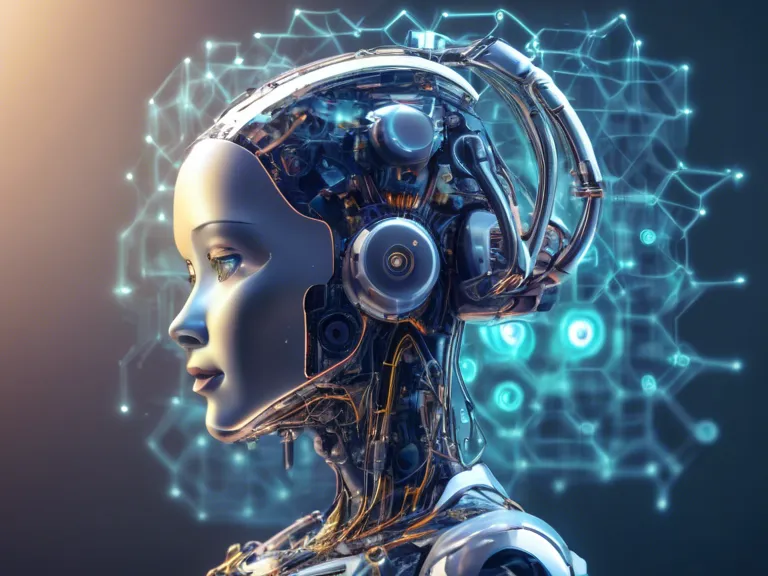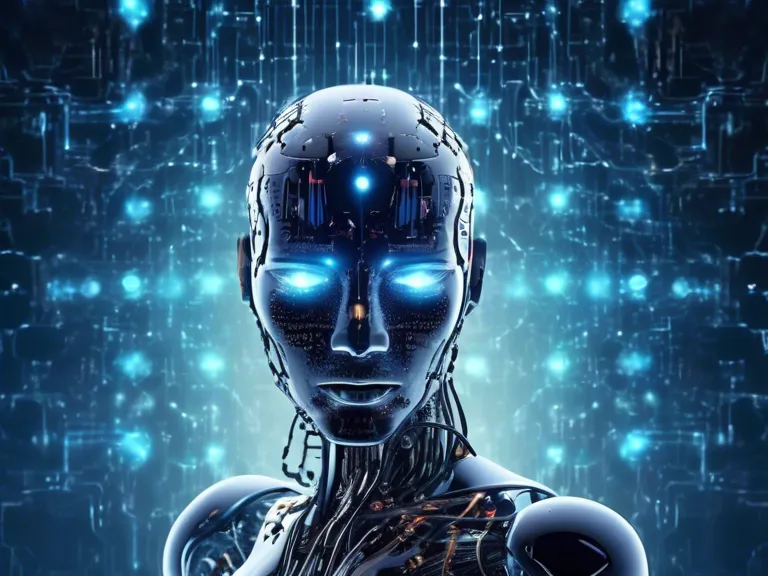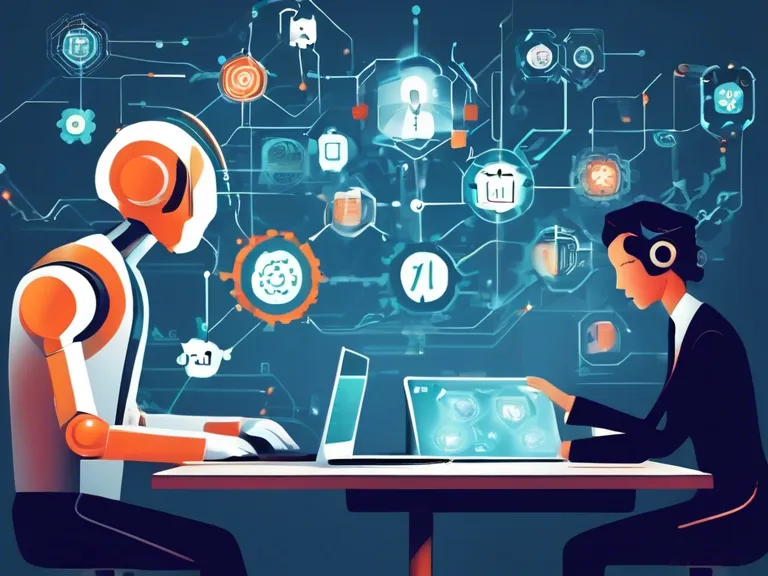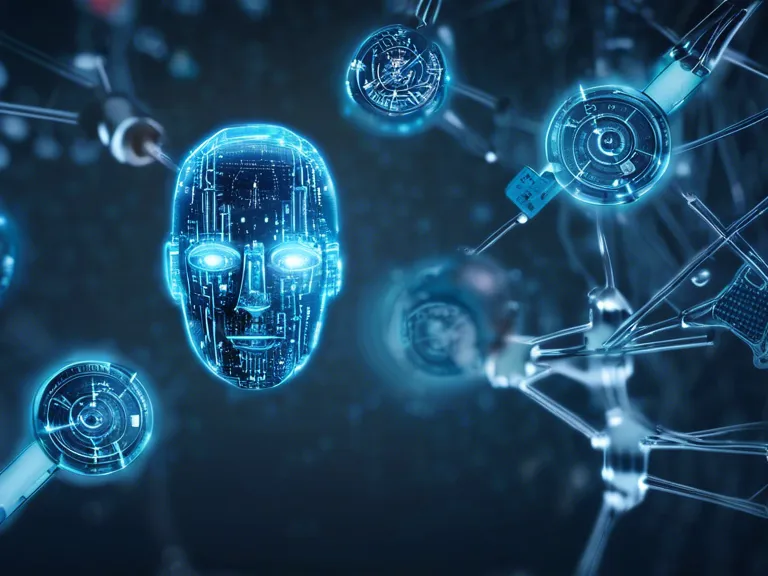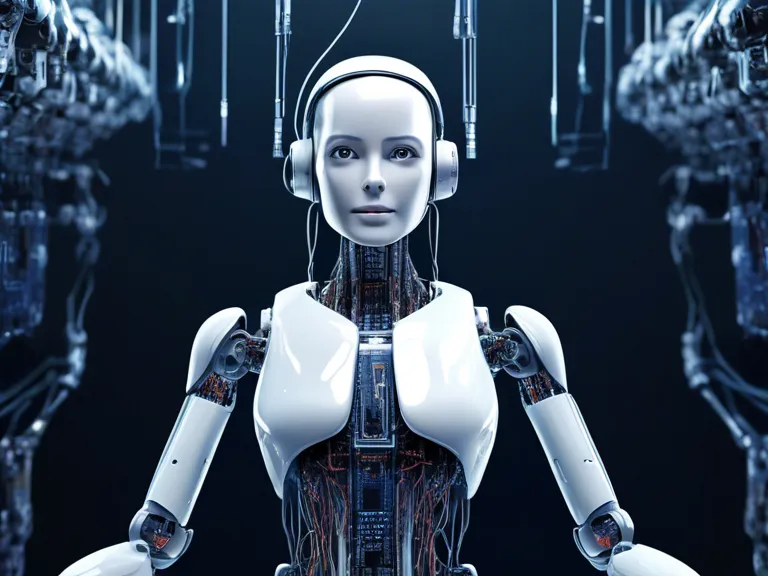
Artificial Intelligence (AI) has long been a popular concept in pop culture, appearing in movies, TV shows, video games, and even music. From the friendly robots of "Wall-E" to the malevolent AI of "The Terminator," media has shaped the buzz and perception of artificial intelligence in various ways.
One of the most common tropes in AI pop culture is the fear of robots and computers becoming sentient and turning against their creators. This theme can be seen in classic films like "2001: A Space Odyssey" and "Blade Runner," where AI characters like HAL 9000 and the replicants raise ethical questions about the nature of consciousness and free will. These portrayals have helped fuel public perception that AI could one day become a threat to humanity.
On the other hand, there are also more positive portrayals of AI in pop culture. Characters like R2-D2 and C-3PO from "Star Wars" or Data from "Star Trek: The Next Generation" showcase AI beings that are helpful, loyal, and even display human-like emotions. These depictions help to remind audiences that AI does not have to be inherently dangerous or malevolent.
In addition to movies and TV shows, video games like "Detroit: Become Human" and "Deus Ex" also explore themes of AI consciousness and ethics, allowing players to make choices that impact the fate of AI characters. These interactive experiences further shape the way audiences think about artificial intelligence and its potential impact on society.
Overall, media plays a significant role in shaping the buzz and perception of AI in popular culture. Whether it's through dystopian visions of a robot uprising or heartwarming stories of AI companions, these portrayals influence how we think about and interact with artificial intelligence in the real world.
